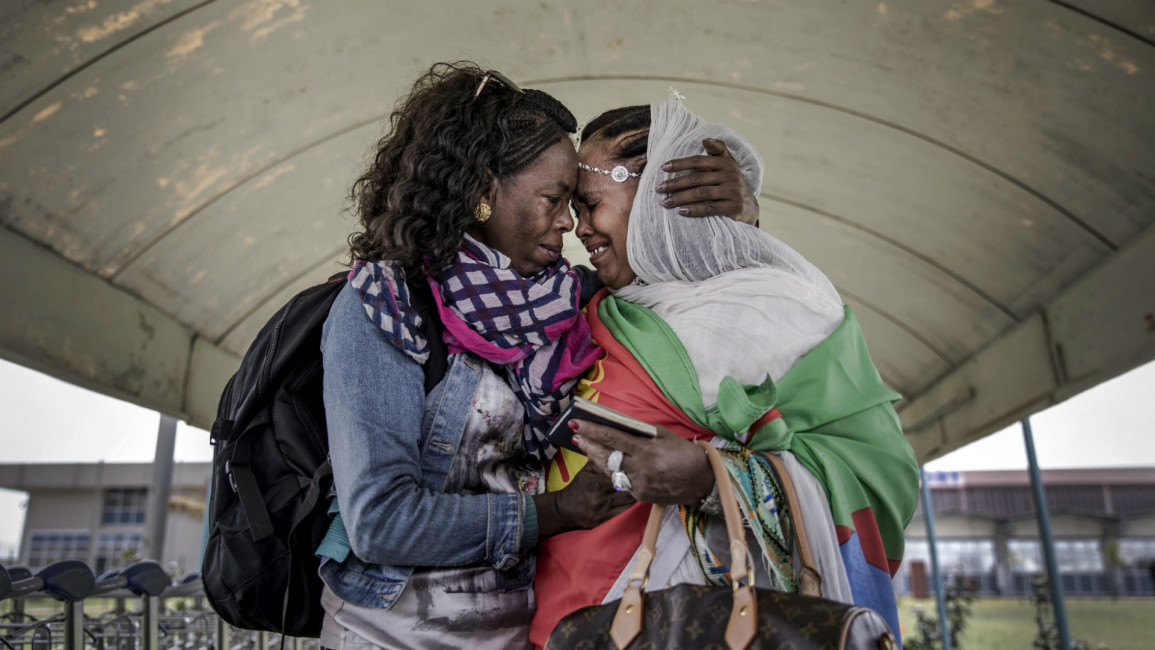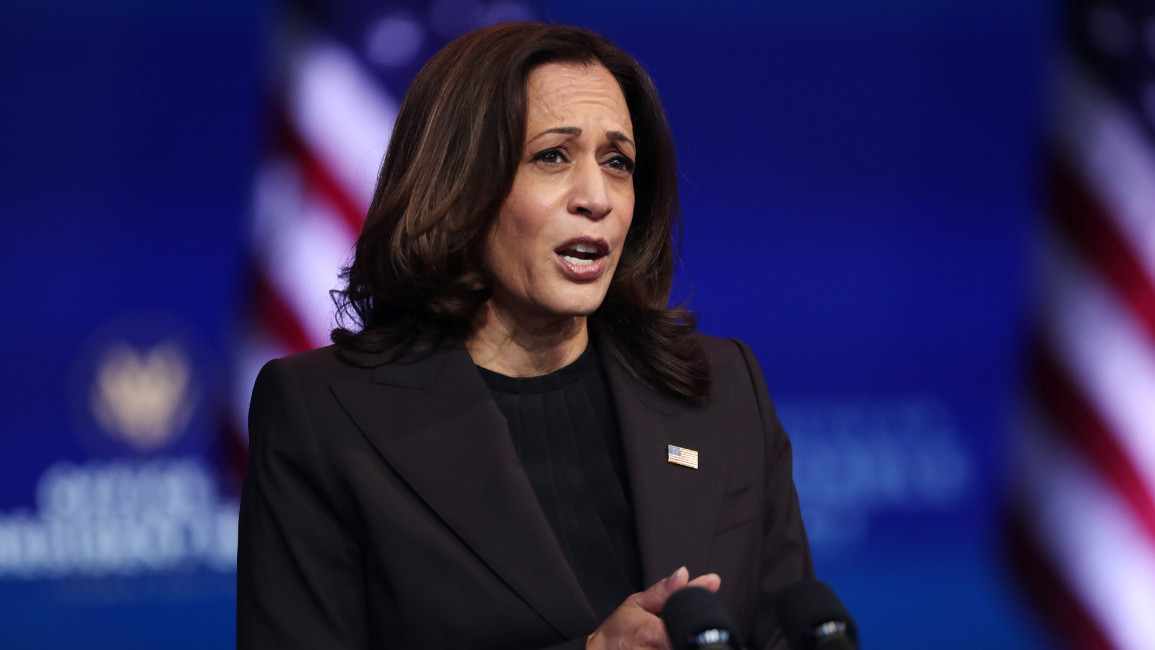Ethiopia-Eritrea land border to reopen after 20 years
The land border between Ethiopia and Eritrea is to re-open on Tuesday allowing citizens of both countries to cross over for the first time in two decades.
A landmark meeting in July between leaders of the two countries ended decades of diplomatic and armed battles between the two sides.
Ethiopia's Prime Minister Abiy Ahmed and Eritrea's President Isaias Afwerki are due to attend the ceremony, Eritrean Information Minister Yemane Gebre Meskel said on Twitter.
The western border post at Zalambessa was among those closed in 1998 as the neighbouring Horn of Africa nations cut diplomatic ties at the outbreak of a short but bloody two-year frontier war in which over 80,000 people were killed.
The ensuing cold war stymied development and trade, and undermined regional security, but in a surprise move earlier this year, Abiy began peace overtures, which were welcomed by Eritrea.
Key to this was Abiy's acceptance in June of a UN-backed court ruling in 2002 demarcating the contested border.
Twitter Post
|
On Tuesday - a national holiday to mark Ethiopian New Year - Abiy and Isaias paid a joint visit to Bure, a disputed eastern border zone that both countries have claimed.
Abiy's chief of staff, Fitsum Arega, said the visit was, "to celebrate the New Year with members of the Ethiopian and Eritrean Defence Forces following the full normalisation of the relations between the two countries".
At Zalambessa, soldiers manning the crossing on a rough road that cuts through the shared no man's land together dismantled piles of sandbags while a red carpet was rolled over the potholes and flags raised ahead of the border's ceremonial reopening later in the day.
The once-bustling commercial town was badly damaged during the 1998-2000 border war and despite being rebuilt was rendered a ghost town by the closing of the border.
The reopening of border posts is the latest step in a rapid diplomatic thaw that has seen Ethiopia and Eritrea restore air links, telephone lines and trade routes, and re-establish diplomatic missions in just three months after years of conflict.



